- Home
- slideshows
- miscellaneous
- 'We're shooting for thousands of clinics': A Silicon Valley startup has been quietly laying plans to take on heavyweight One Medical. We got the first look inside.
'We're shooting for thousands of clinics': A Silicon Valley startup has been quietly laying plans to take on heavyweight One Medical. We got the first look inside.
With Carbon, you can do everything from booking a doctor's appointment to viewing your lab results to scheduling a live video session with a provider — all via a single app.

But Carbon isn't the only tech-savvy medical startup on the block. Two other Silicon Valley firms — One Medical and Forward — offer a similar range of services and apps to complement them.
Yet they differ in some key ways: both charge a yearly subscription fee of $150-$200 (Carbon charges no fees), and Forward doesn't accept insurance (Carbon accepts almost all the major providers except Kaiser).
When I tried out Carbon's app and visited one of its clinics in Oakland and another in San Francisco's FiDi neighborhood, I was blown away by how seamless the experience felt.
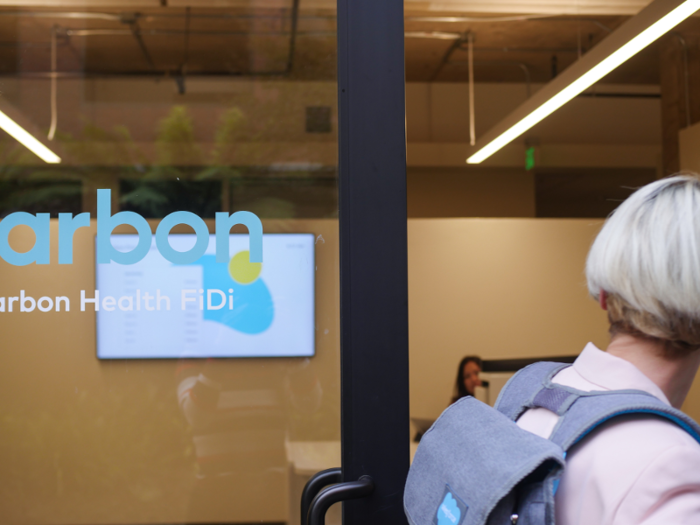
At the Oakland office, I was relieved to find lots of natural light — a welcome departure from most of the hospitals I've visited. The space was pleasantly decorated with minimalist-style furniture.
One wall was painted a deep, calming shade of blue, and small potted plants sat on white tables that looked like they were about to be outfitted with iPads.
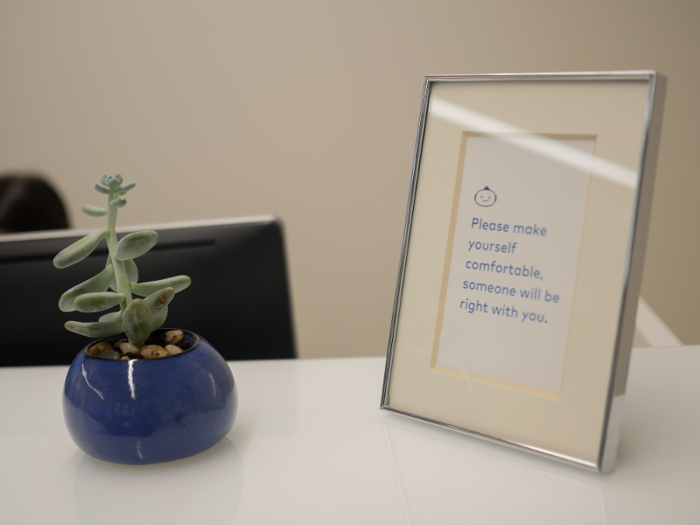
When I walked up to the front desk, I was relieved to find no glass wall separating me from the receptionist. Instead, she sat at a normal countertop, and set me up with a clinician in minutes.
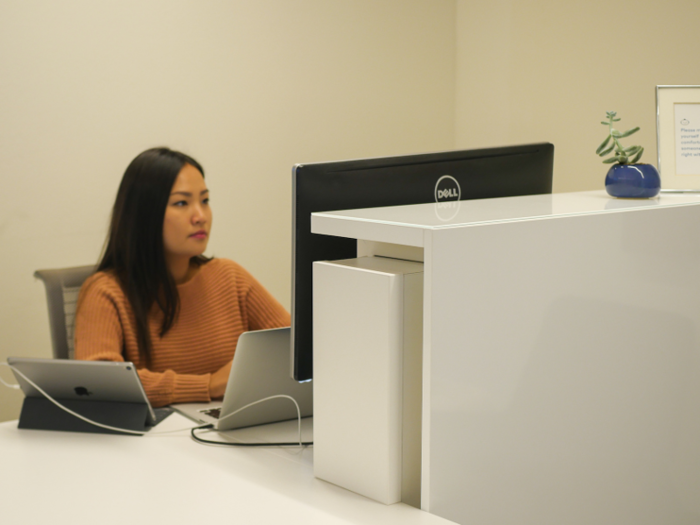
I was seen and treated for what turned out to be a sinus infection in just a few minutes and got my lab results within a few days via the Carbon app.
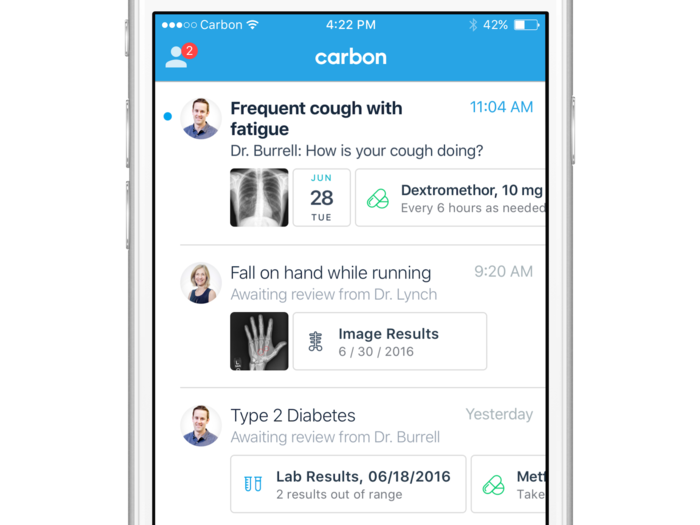
My clinician used the app to follow up with me too. Another benefit: no extra fees. I paid the standard copay outlined by my insurance for the visit and a few dollars for medication. That's it.
Bali (right) and Djavaherian (left) only met thanks to a serendipitous hire — a nurse practitioner who'd applied to work at both companies.
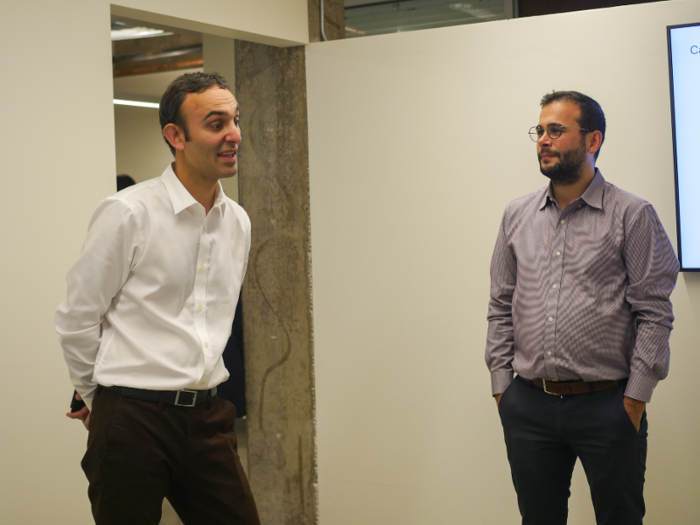
On her first day on the job at one of Djavaherian's clinics, she suggested to him that he reach out to Bali because the two seemed to have similar interests.
As soon as Djavaherian saw a demo of Carbon's technology, he was sold.
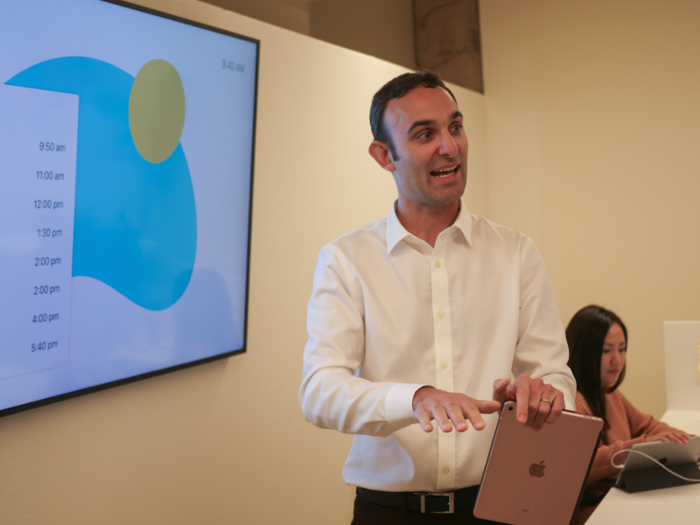
He'd already spent months working with several other tech startups to try and find a solution to what he saw as one of the biggest problems in modern healthcare: there's no central hub for all of your medical-related activity.
"When we imagined the remote control of your life, there was no place for health — no place where all of your health information is centered," Djavaherian said.
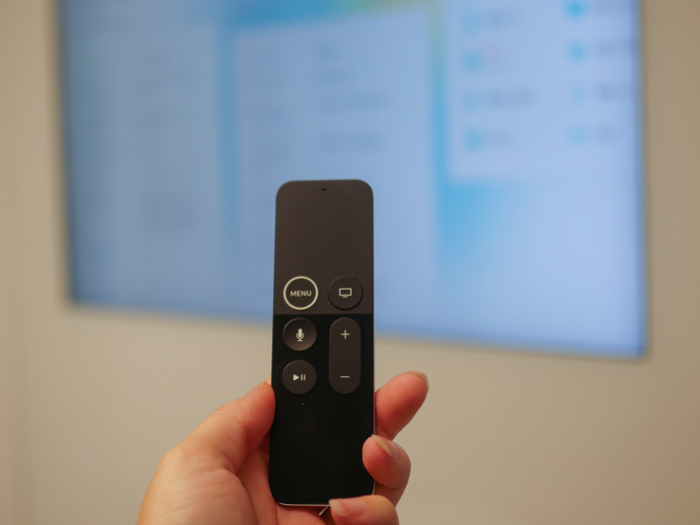
But none of the tech platforms he tried before Carbon seemed capable of solving that problem. Each of them offered just a part of the larger solution he had in mind, which was essentially a platform that helped patients with everything from booking an appointment to following up.
"When we saw Carbon's demonstration, we were like, 'Wow, this is what we'd been trying to piece together with all these different tools,'" Djavaherian said.
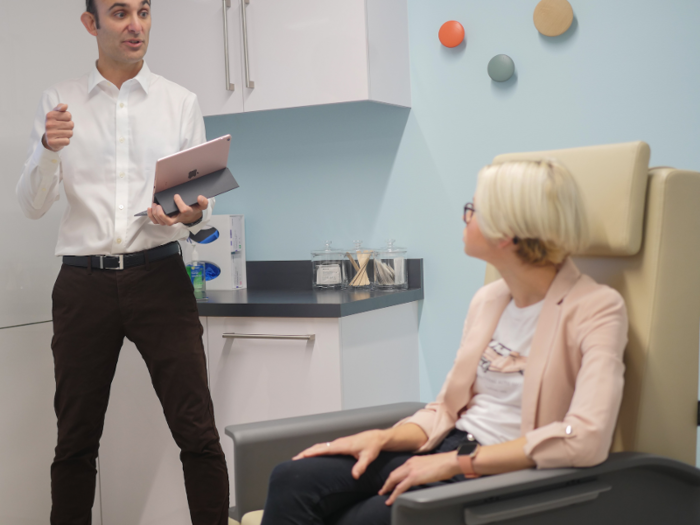
"It's the first software that filled all the gaps in care we were trying to fill," he added.
At the San Francisco location, there's a back area for the engineers who maintain the app, enabling the two teams to work together closely.
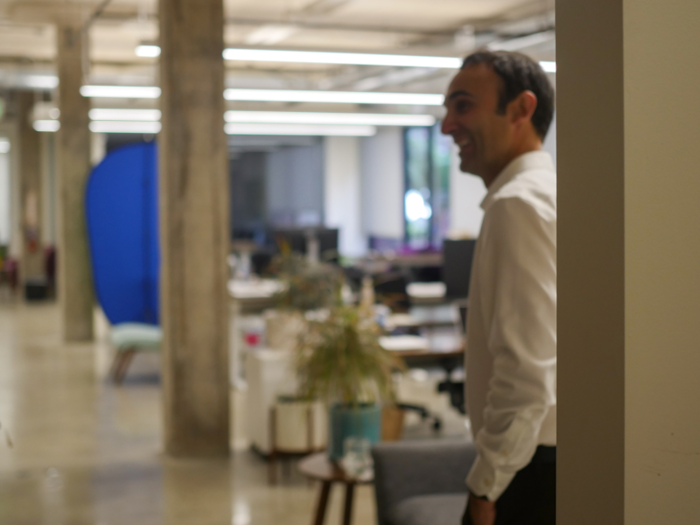
"There's not even a wall," Djavaherian said, pointing to an open walkway.
At the San Francisco location, I noticed a similar aesthetic to the Oakland office: minimal but thoughtful furniture and spots of the signature blue color throughout the office.
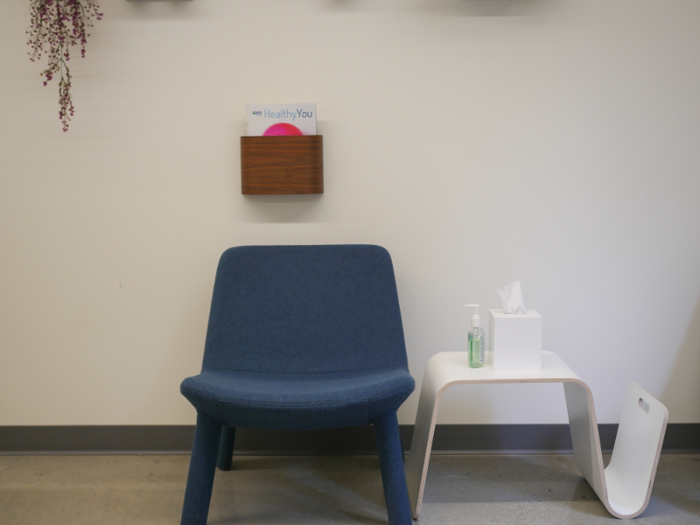
The only difference was a large screen that glowed in each of the treatment rooms that used the Carbon app to show a patient's history and current health issues.
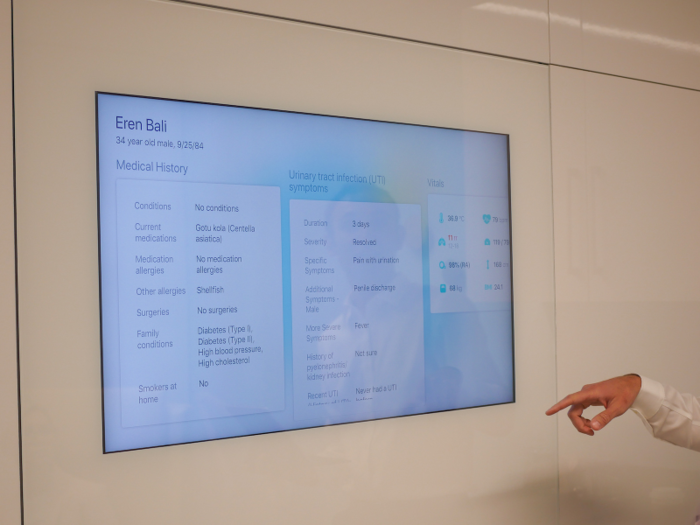
The screens were elsewhere too.
An iPad placed on the wall of each treatment room displayed the patient's first name and the name of the clinician; a blue bar next to the name turned red if a patient waited more than 15 minutes.
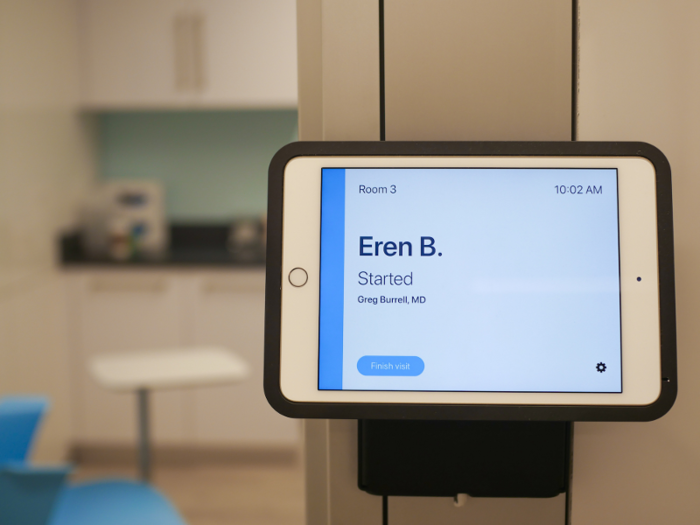
For now, Carbon Health is operating seven clinics across the San Francisco Bay Area.
Two of those are partnerships with hospital networks. And Carbon has plans to expand by working with other hospitals.
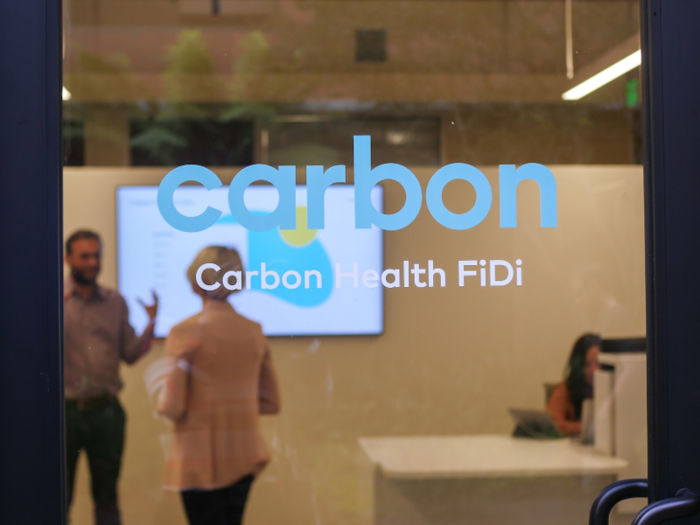
"We're shooting for thousands of clinics across the US," Bali said.
Popular Right Now
Popular Keywords
Advertisement